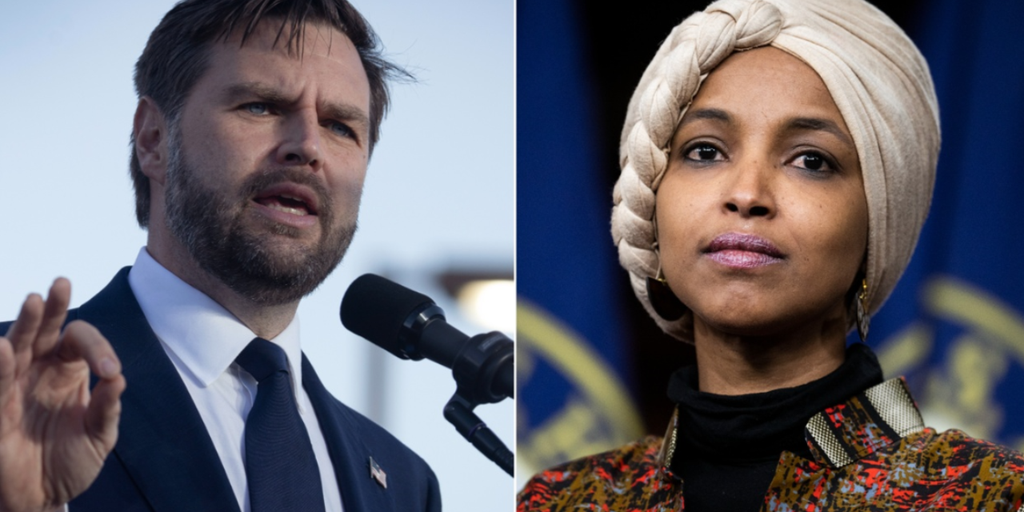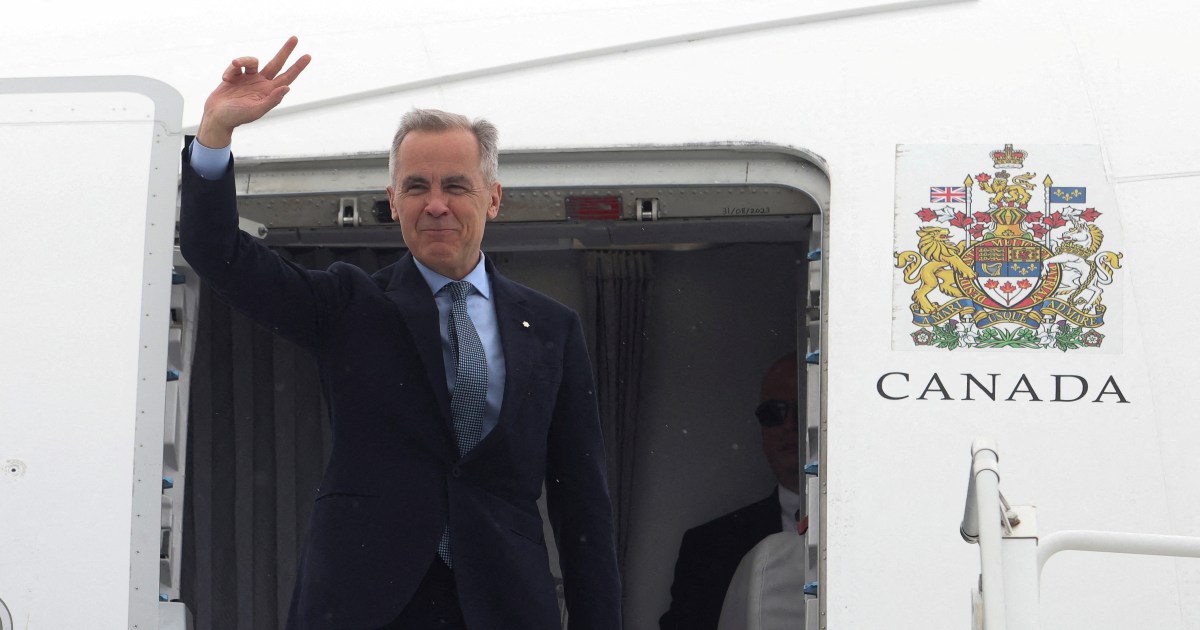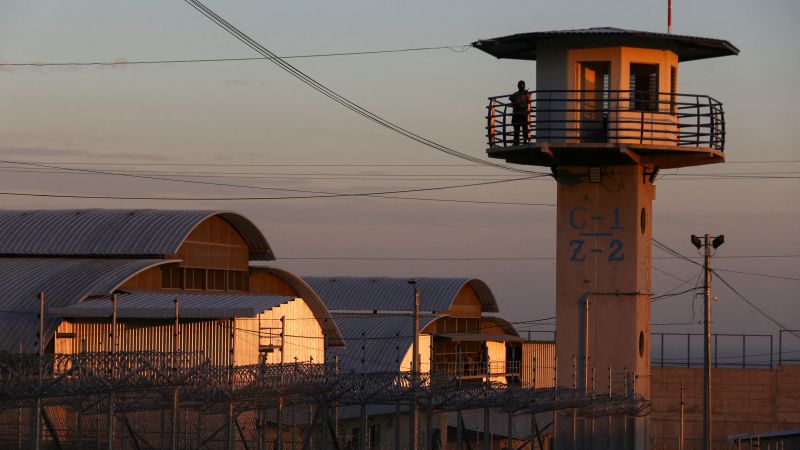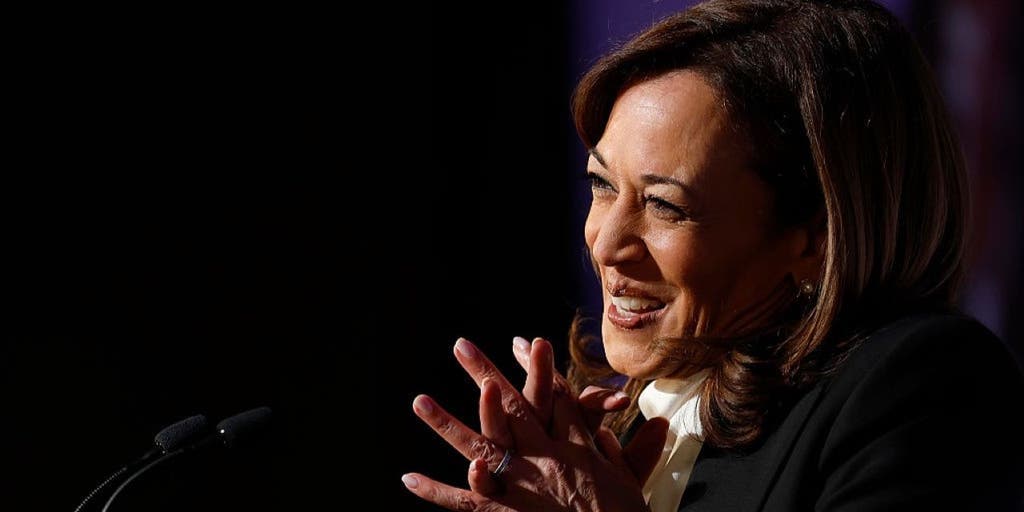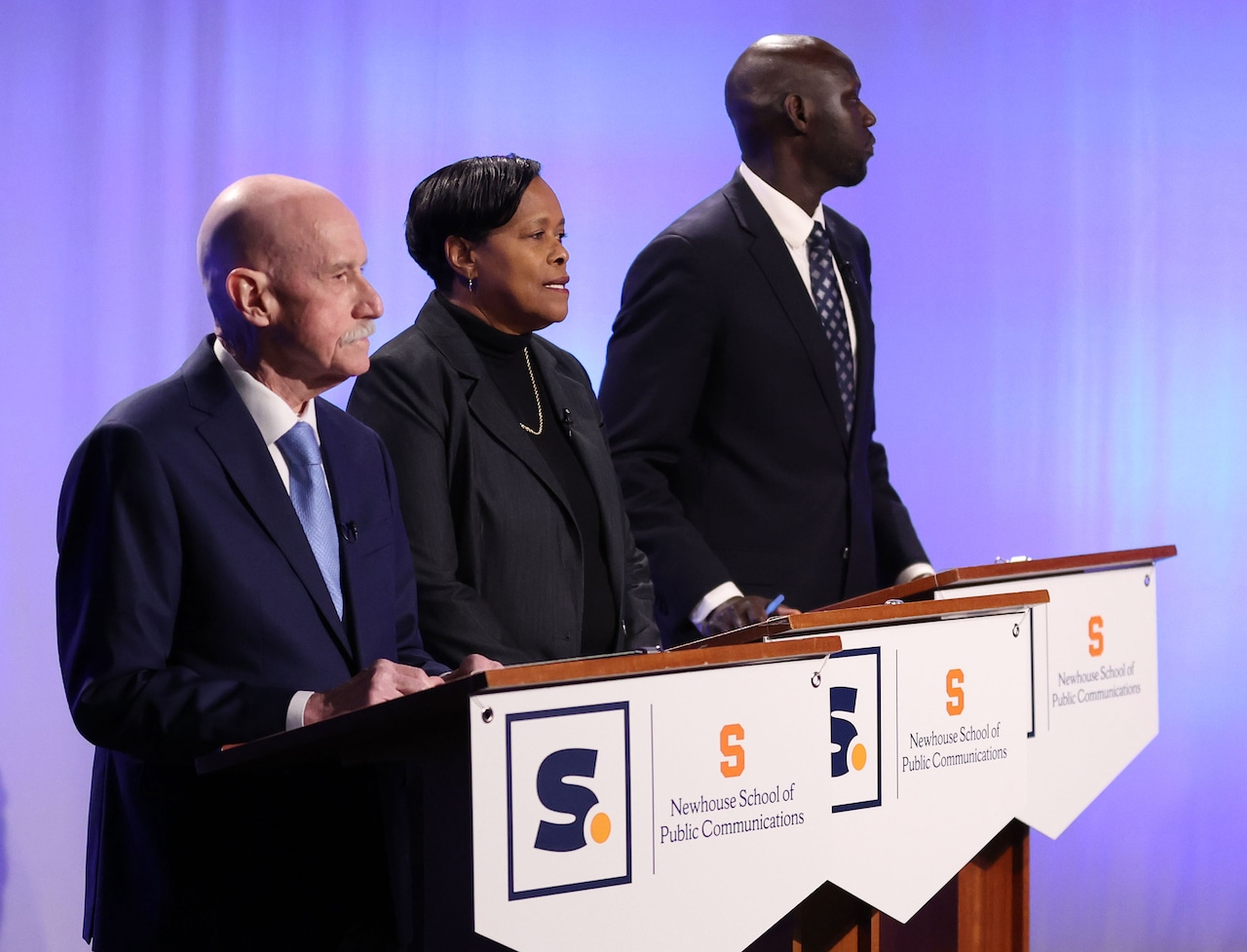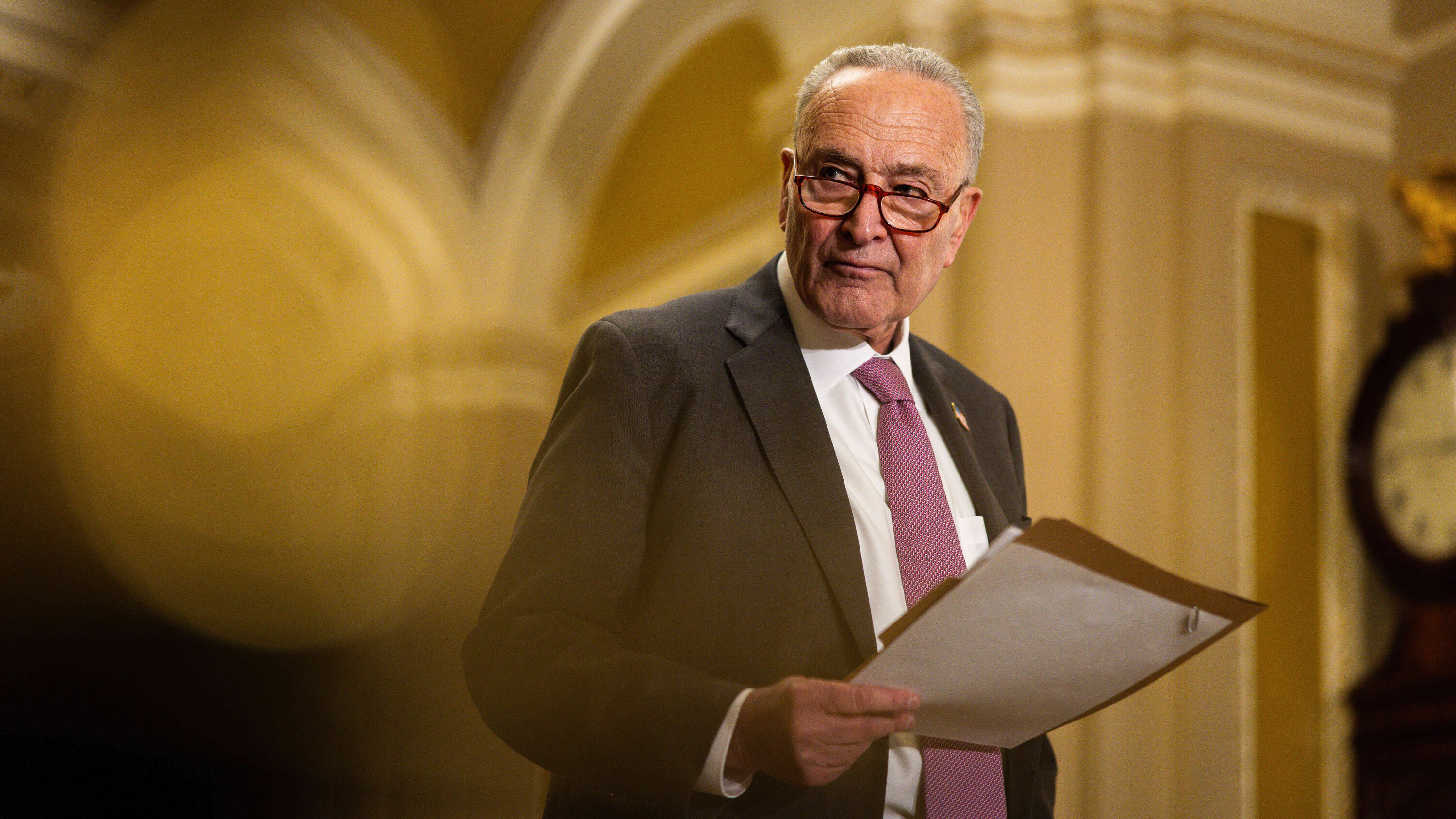
Breaking: Trump-Trudeau Summit Sparks Diplomatic Tensions Ahead of Key Trade Talks
Trump and Trudeau Set for High-Stakes Meeting Amid Trade Tensions
In a pivotal diplomatic encounter, President Donald Trump is preparing to meet with Canadian Prime Minister Justin Trudeau, following a tumultuous period marked by escalating trade disputes and economic challenges.
The upcoming summit comes in the wake of intense negotiations and Trump's controversial trade policies that have significantly strained US-Canada relations. Despite previous confrontations, both leaders are expected to seek common ground on critical economic and strategic issues.
The meeting is anticipated to address key topics including:
- Ongoing trade tariff negotiations
- Cross-border economic cooperation
- Potential strategies for resolving existing trade tensions
Political analysts are closely watching this diplomatic engagement, viewing it as a crucial opportunity to reset and potentially rebuild the bilateral relationship between the two North American allies.
Stay tuned for live updates on this developing diplomatic story.

